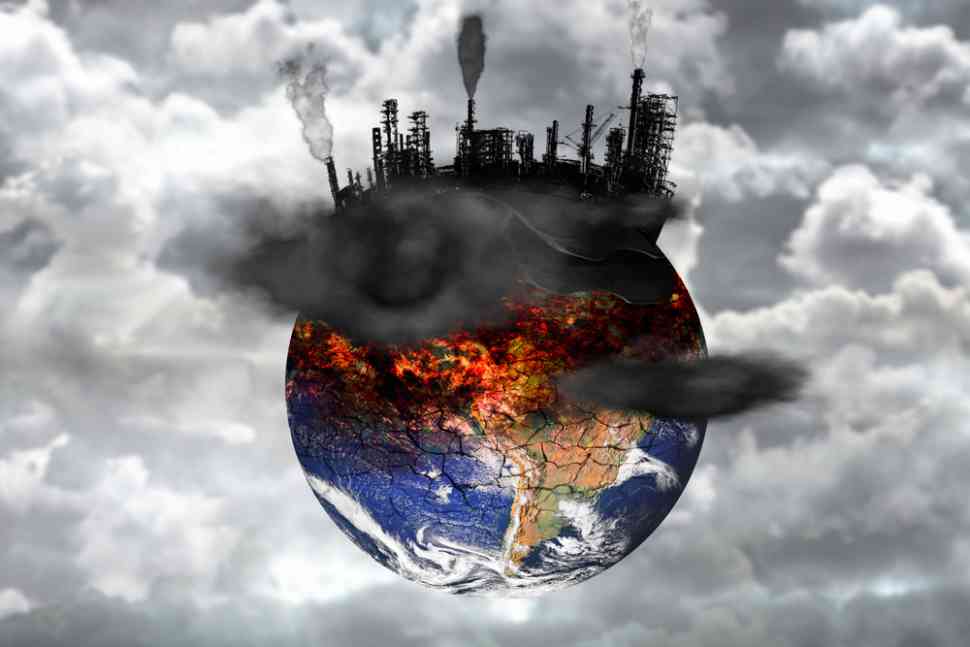Developed Nations Achieve Climate Finance Goal with Questionable Methods

Developed nations seem to have finally met their goal of raising US$100 billion in climate aid for developing countries in 2022, two years past the original deadline. The Organisation for Economic Co-operation and Development (OECD) reported a total of US$115.9 billion raised for climate-related projects, marking a record surge in spending.
However, analysis by the Center for Global Development (CGD) suggests that around US$27 billion of the US$94.2 billion annual increase in public climate funds in 2022, compared to two decades ago, was diverted from existing development aid. Specifically, the CGD identified at least US$6.5 billion of the 2022 increase as repurposed from other bilateral development aid programs, despite expectations that climate finance should be “new and additional.”
This reallocation could enable some developed countries to meet their climate targets while cutting their broader aid budgets. Wealthy nations face increasing pressure to boost climate spending in the global south, especially as all parties must agree on a new climate target at COP29 this year, aiming to raise the trillions needed to combat climate change.
The US$100 billion target was established at COP15 in Copenhagen in 2009 to assist developing countries in reducing emissions and adapting to climate change. A coalition of developed nations, including the US, Canada, Japan, Australia, New Zealand, and several European countries, pledged to mobilize this amount by 2020 and continue annually through 2025. The funds largely come from foreign-aid budgets, supplemented by private sector contributions.
During UN climate negotiations, it was determined that climate finance should be “new and additional,” interpreted as funds provided over and above existing aid. However, developed countries fell short in 2020, raising only US$83.3 billion, which was poorly received by developing nations relying on this funding to meet Paris Agreement targets.
The OECD recently confirmed that the US$100 billion goal was reached in 2022, with climate finance experiencing its largest year-on-year increase, hitting US$115.9 billion. This growth was driven by record increases in bilateral spending and contributions from multilateral development banks and funds. Additionally, private finance saw an unprecedented US$7.5 billion increase after years of stagnation.
The OECD reported that the majority (around 69%) of public climate finance was provided as loans, raising concerns given the existing debt struggles of many global southern countries. Countries will set a new climate-finance goal, known as the “new collective quantified goal,” at COP29 in Baku, Azerbaijan, later this year. This target is expected to exceed the US$100 billion mark and be based on an assessment of actual needs.
Countries like the UK have met their climate finance commitments by “redirecting” or “relabelling” existing funds as “climate finance” without committing new money in sufficient amounts. According to CGD analysis, this practice largely enabled developed countries to meet the US$100 billion target in 2022 by incorporating climate objectives into existing development finance flows.
Have you read?
Countries: Powerful Passports.
Countries: Richest.
Countries: Poorest.
Countries: Happiest.
Countries: Life Expectancy.
Bring the best of the CEOWORLD magazine's global journalism to audiences in the United States and around the world. - Add CEOWORLD magazine to your Google News feed.
Follow CEOWORLD magazine headlines on: Google News, LinkedIn, Twitter, and Facebook.
Copyright 2025 The CEOWORLD magazine. All rights reserved. This material (and any extract from it) must not be copied, redistributed or placed on any website, without CEOWORLD magazine' prior written consent. For media queries, please contact: info@ceoworld.biz








